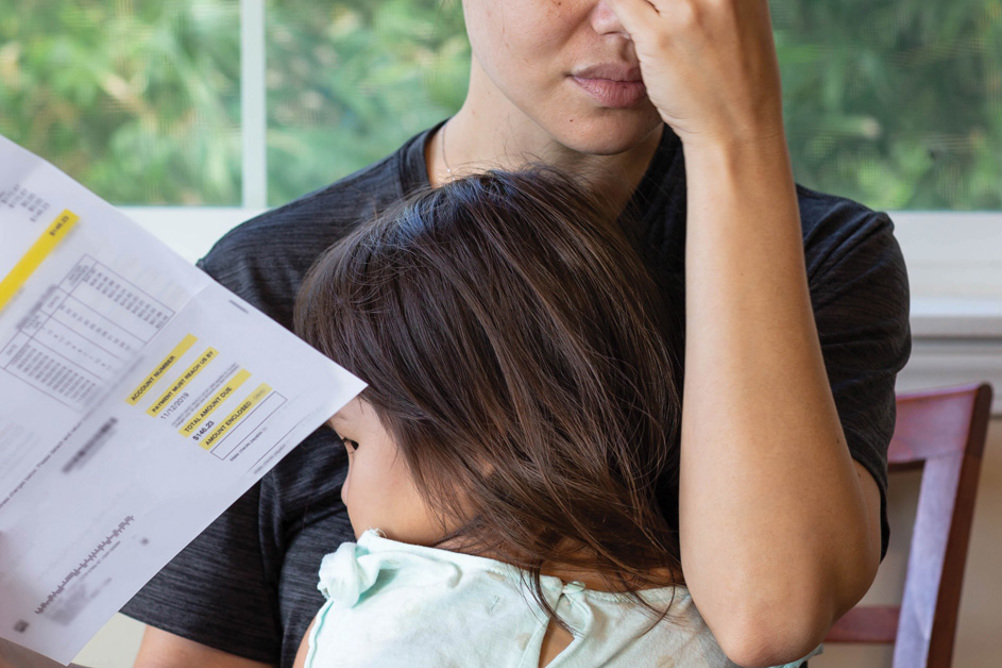
The system of legal aid, introduced in 1949 through The Legal Aid and Advice Act, is an extension of the welfare state which aims to ensure that those with insubstantial means and resources can still receive legal advice and/or representation. This is predicated on the notion that every person should have equal protection under the law, regardless of financial position or status, and be able to seek legal redress and hold decision-makers accountable.
Coram Children's Legal Centre's (CCLC) Legal Practice conducts specialist and complex casework for children, young people and their carers, generally funded through legal aid, in the areas of family, education, community care and immigration and asylum law.
Register Now to Continue Reading
Thank you for visiting Children & Young People Now and making use of our archive of more than 60,000 expert features, topics hubs, case studies and policy updates. Why not register today and enjoy the following great benefits:
What's Included
-
Free access to 4 subscriber-only articles per month
-
Email newsletter providing advice and guidance across the sector
Already have an account? Sign in here

